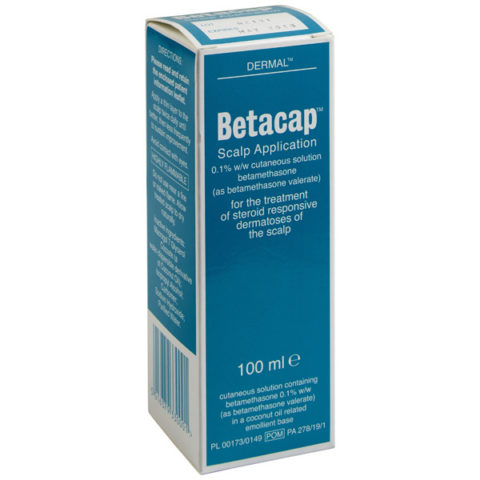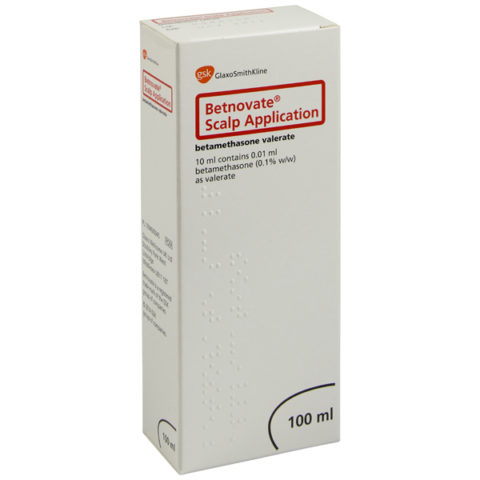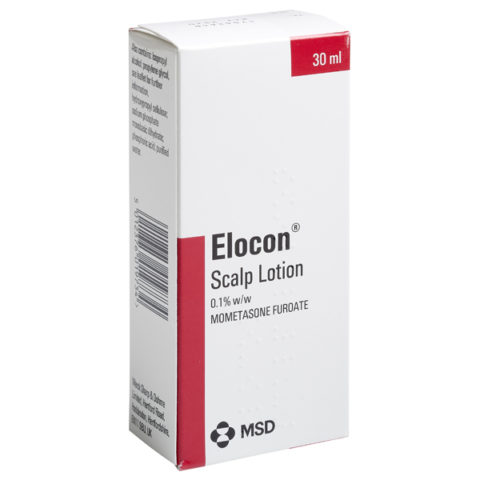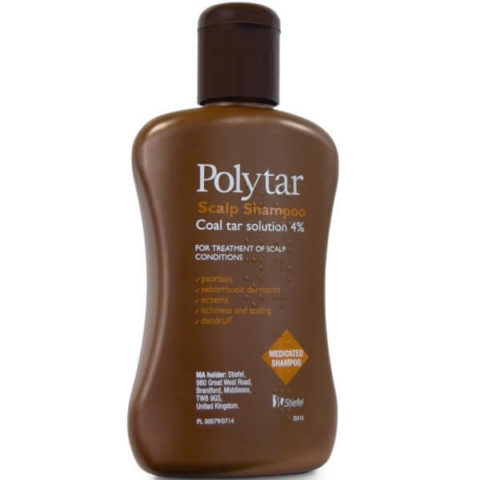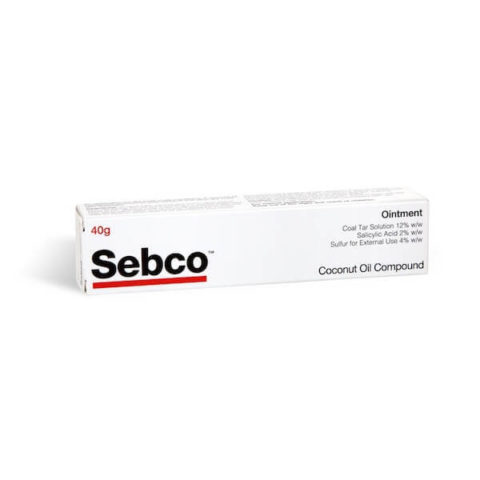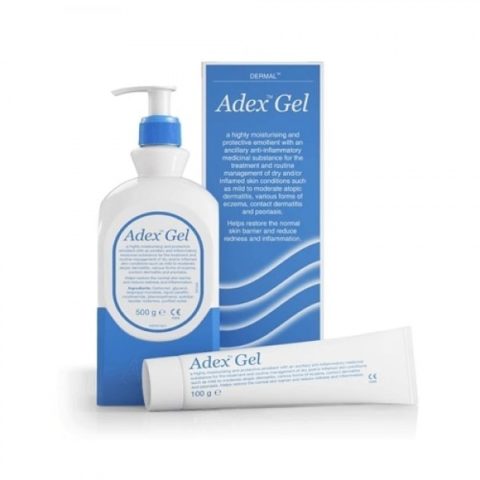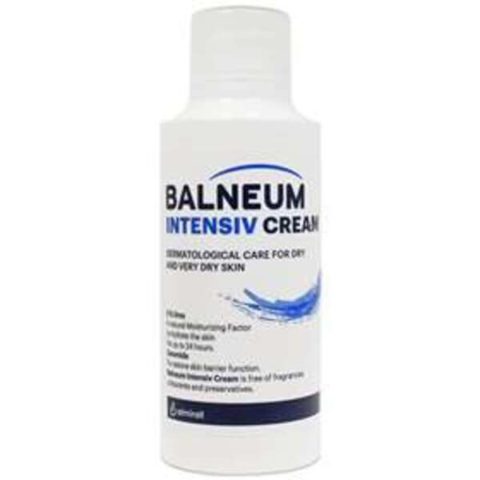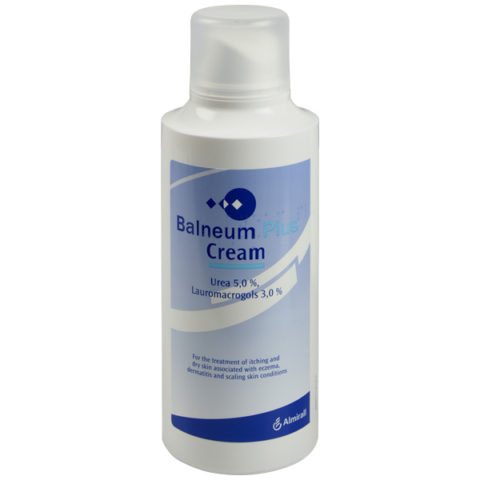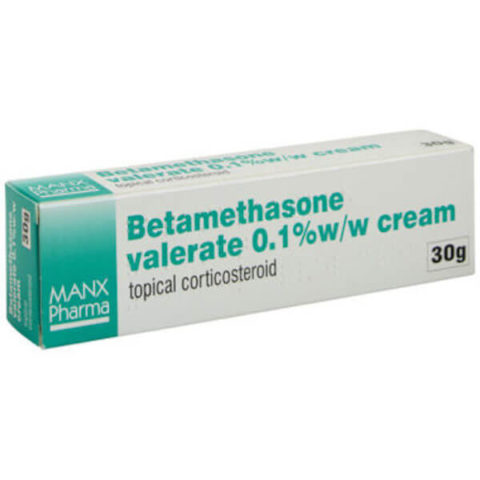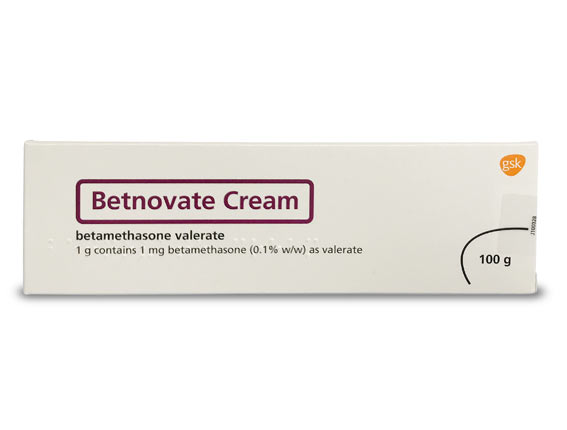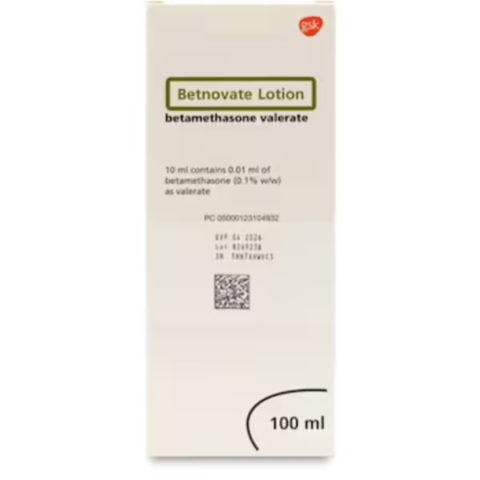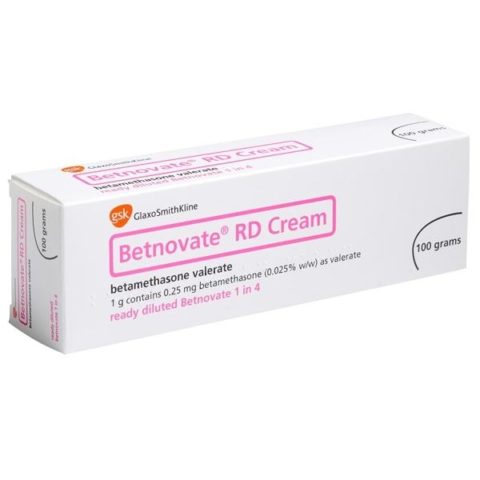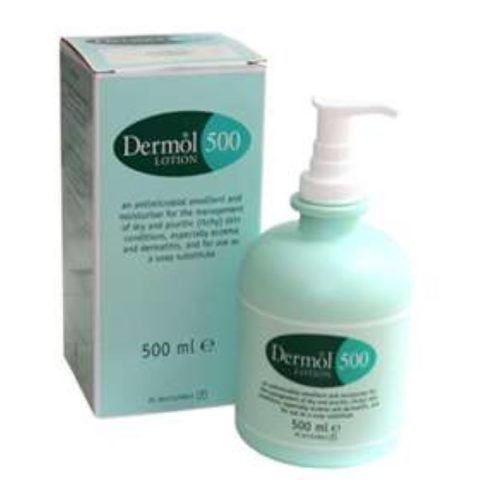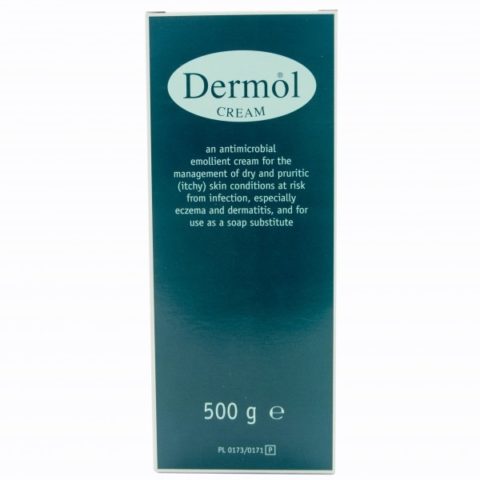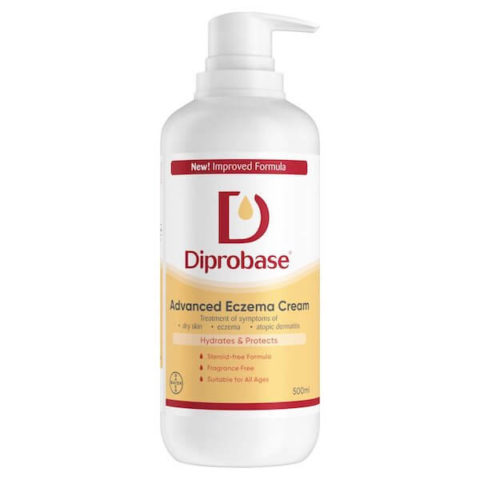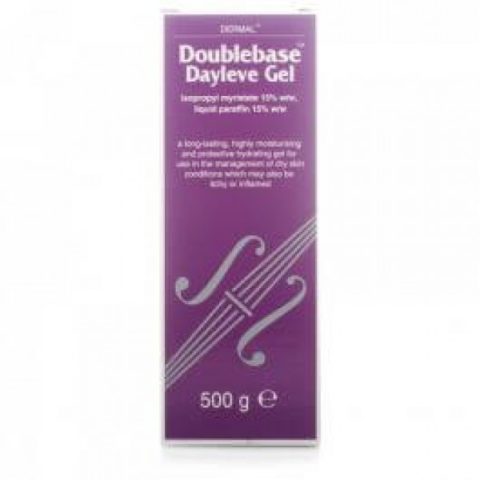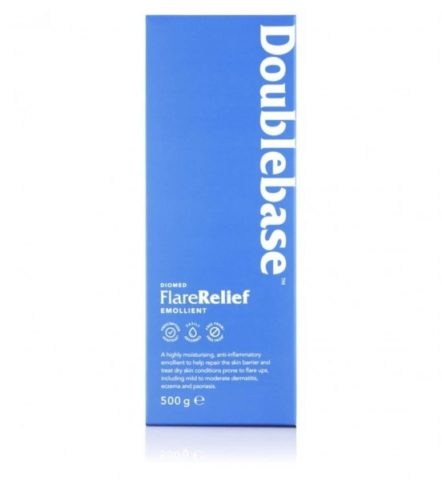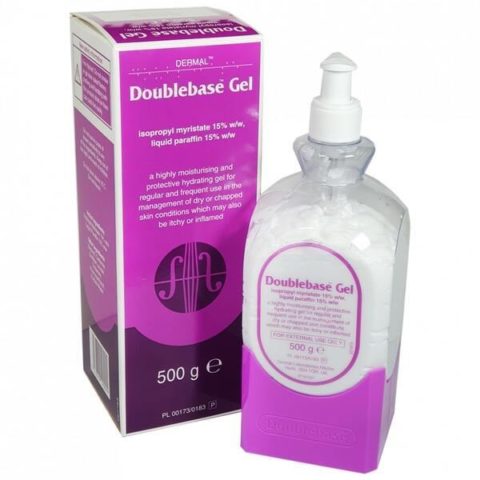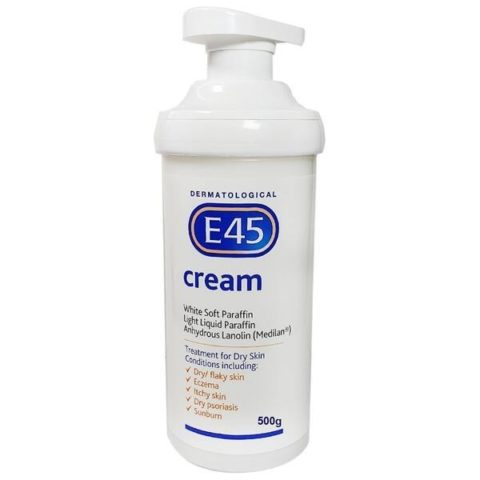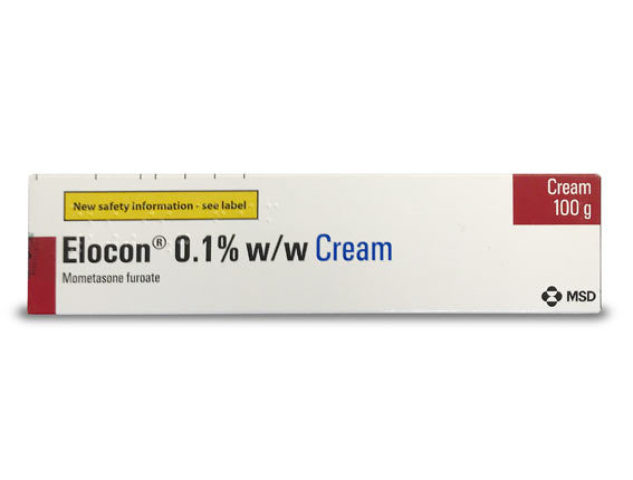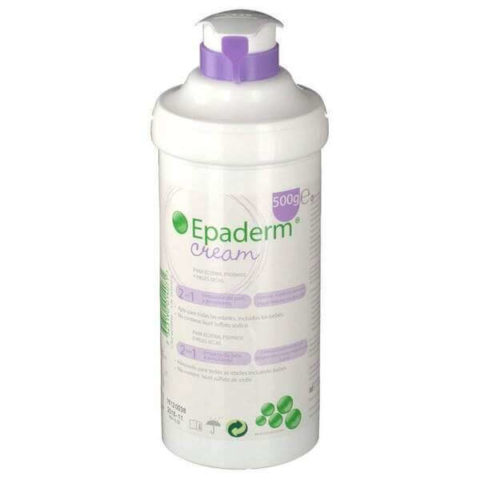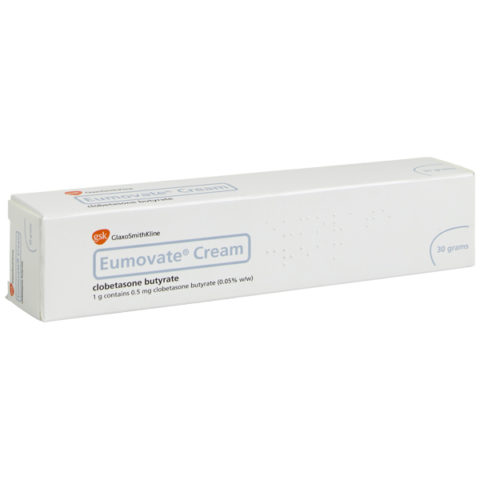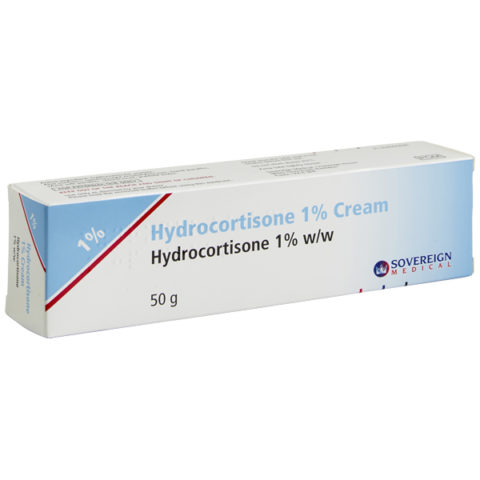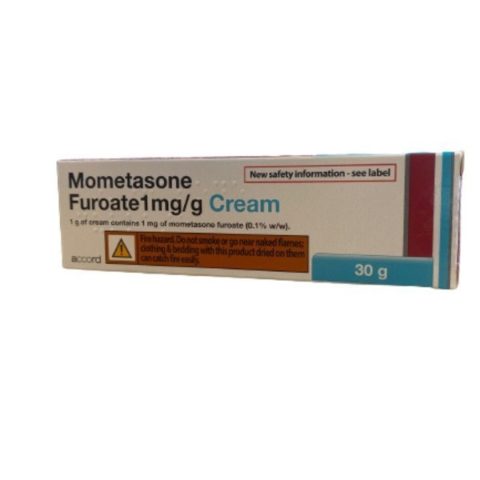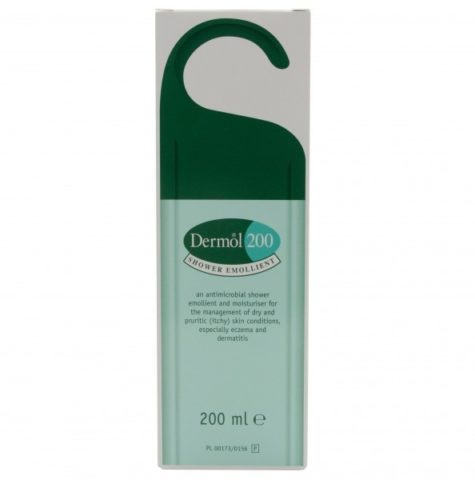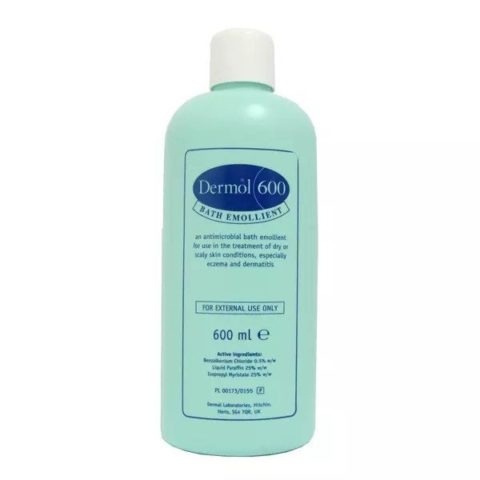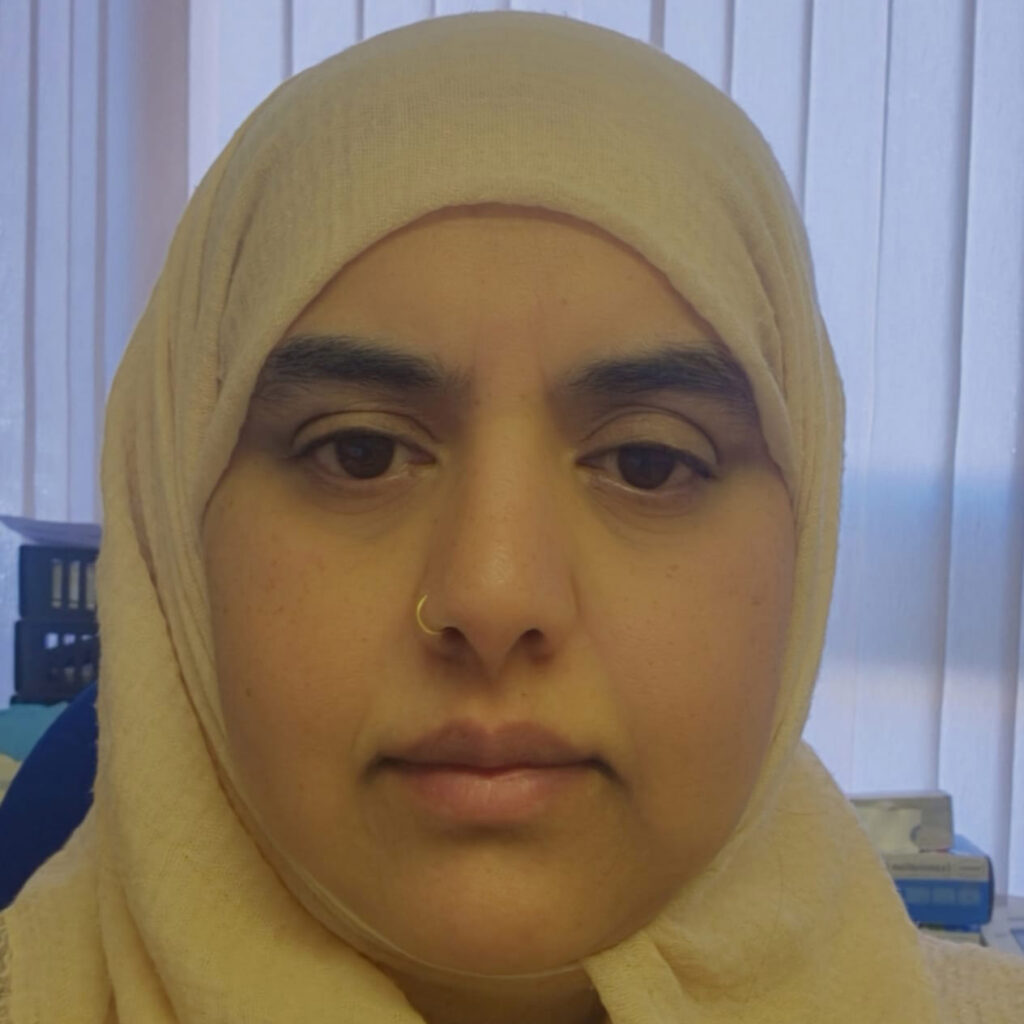What is Psoriasis?
Psoriasis is a skin condition that causes skin cells to grow too quickly, leading to thick patches. These patches, called plaques, appear anywhere on the body but commonly affect the elbows, knees, scalp, and lower back.
Unlike other skin conditions, psoriasis isn’t contagious – you can’t catch it from someone else or pass it on through touch. It’s an autoimmune condition, which means your immune system mistakenly attacks healthy skin cells, speeding up their production.
While it’s a chronic condition, there currently isn’t a cure for psoriasis, but it can be effectively managed with the right treatment, allowing many people to live comfortably with clear or nearly clear skin.
Types of Psoriasis
Plaque Psoriasis
The most common type, affecting about 80% of people with psoriasis, causing raised, red patches covered with silvery-white scales.
Scalp Psoriasis
This affects the scalp and can extend beyond the hairline to the forehead, neck, and around the ears. It ranges from mild scaling to thick, crusted plaques that can cause temporary hair loss if left untreated.
Guttate Psoriasis
Appears as small, drop-shaped spots on the skin and often develops after a bacterial infection like strep throat. It’s more common in children and young adults.
Inverse Psoriasis
Causes smooth, red patches in skin folds like the armpits, groin, and under the breasts. These areas don’t usually have the typical scales because moisture keeps them soft.
Pustular Psoriasis
A less common type causes white pustules surrounded by red skin, typically on the hands and feet, though it can affect larger areas of the body.
Erythrodermic Psoriasis
This is the rarest but severe psoriasis, causing widespread redness and scaling over most of the body. It can be serious and requires immediate medical attention, as it affect the body’s ability to regulate temperature and fluid balance.
What Causes Psoriasis?
Psoriasis happens when your immune system gets confused and starts attacking healthy skin cells by mistake. This causes your skin to produce new cells much faster than normal – instead of the usual 28-day cycle, new cells reach the surface in just 3-7 days.
There are several things that trigger your psoriasis or make it worse:
- Genetics: Psoriasis often runs in families. If one parent has psoriasis, there’s about a 15% chance their child will develop it too. If both parents have it, the risk increases to about 75%.
- Stress: Physical or emotional stress can trigger psoriasis flare-ups or make existing symptoms worse.
- Infections: Bacterial infections like strep throat or skin injuries can trigger psoriasis, particularly guttate psoriasis.
- Medications: Some medications, including lithium, beta-blockers, and antimalarial drugs, can worsen psoriasis symptoms.
- Lifestyle Factors: Smoking, heavy drinking, and being overweight can all increase your risk of developing psoriasis or make symptoms more severe.
- Weather: Cold, dry weather often makes psoriasis worse, while warm, sunny weather typically helps improve symptoms.
Symptoms of Psoriasis
Psoriasis affects everyone differently, but there are some common signs to look out for:
Skin Symptoms
- Red, raised patches of skin covered with silvery-white scales
- Dry, cracked skin that may bleed
- Itching, burning, or soreness around affected areas
- Thick, ridged, or pitted nails
- Small scaling spots, particularly in children
Scalp Psoriasis Symptoms
- Scaly, red patches on the scalp
- Silvery-white scales that may flake off like severe dandruff
- Itching that can be intense
- Temporary hair loss in severe cases
- Scales extending beyond the hairline onto the forehead, neck, or ears
Joint Symptoms
Some people with psoriasis also develop psoriatic arthritis, which causes:
- Swollen
- Tender joints
- Morning stiffness
- Reduced range of motion
- Fatigue
Psoriasis symptoms often come and go in cycles, with flare-ups lasting weeks or months followed by periods of remission. The severity can range from a few small patches to widespread coverage of large areas of the body.
Management and Treatment for Psoriasis
The best approach to treating psoriasis depends on the severity, where it appears on the body, and how it affects your daily life.
Scalp Treatment
Applications like Betnovate and Betacap 0.1% Solution are made to penetrate through hair and reach the affected skin underneath. These liquid formulations don’t leave your hair greasy like regular creams would.
For thick, stubborn scales that build up on the scalp, coal tar treatments like Polytar Shampoo are particularly helpful. Coal tar has been used for decades and works by slowing down skin cell production while helping to break down existing scales. Some people find that Elocon Lotion works well as it’s designed specifically for sensitive scalp skin.
Topical Treatments
If you have mild to moderate psoriasis, it can be managed by keeping your skin well-moisturised. Basic emollients like E45 and Diprobase maintain your skin’s moisture levels throughout the day.
The Dermol range, which comes in a shower or bath emollient, lotion, or cream, combines moisturising with antimicrobial properties, which can be helpful if your patches get infected from scratching.
If you prefer lighter textures, gel formulations like Doublebase Gel and Adex Gel moistururise without making the skin feel greasy. For overnight treatment of thick, scaly patches, heavier formulas like Epaderm can soften stubborn scales.
Prescription Creams and Ointments
Steroid creams like Betnovate Cream & Ointment and Betnovate RD Cream are often the first treatment doctors recommend for moderate to severe psoriasis patches, with the RD version being a milder strength that’s good for sensitive areas – these work by calming down the inflammation and slowing down your skin’s overactive cell production.
There are different strengths available depending on how severe your psoriasis is. Elocon Cream and Mometasone 0.1% Cream & Ointment are potent options for stubborn patches, while Eumovate Cream & Ointment offers a moderate strength that many people find effective. For milder symptoms, Hydrocortisone provides gentle relief with fewer side effects.
Living with Psoriasis Day-to-Day
There are things you can do every day to help keep your symptoms under control and prevent flare-ups.
Use lukewarm water when bathing, pat your skin dry rather than rubbing, and apply moisturiser while your skin is still slightly damp.
Try to identify your personal triggers, including stress, certain foods, alcohol, or cold weather – using a humidifier in winter can really help.
Managing stress through exercise, relaxation techniques, or talking to someone about it can have a big impact on your skin.
While there’s no specific psoriasis diet, eating well, maintaining a healthy weight, and reducing alcohol often helps people feel better overall.


